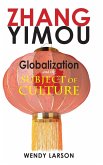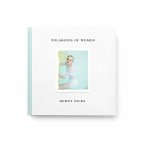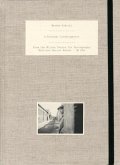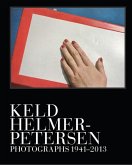Influential Chinese photographer Zhang Hai'er presents seventy of his most defining works created between 1988 and the present. Since the rise of modern feminism, and with increased urgency in the last half century as women have become familiar in new social roles, 'the male gaze' has been the subject of polemic debate. How should women be looked at? How should they be portrayed? How do they want to be seen? Why does the feminine body cleave to an image of female beauty long since determined by men? Especially in this gender-fluid age when beauty is liberated from previously immutable male/female silhouettes? Moreover, against widespread allegations of sexual harassment and inappropriate behaviour in the worlds of film and art, how should women see themselves and permit themselves to be seen today? Chinese photographer Zhang Hai'er has been photographing women throughout his career. He loves looking at the female form and is frank about indulging in the electric eroticism that the privileged relationship between photographer and subject permits. His earliest photographs are of two contrasting women, his grandmother who he gazed upon with reverence and love, and his wife, now of thirty-five years, whom he gazes at with love suffused with lust. His major oeuvre, presented here, offers a wider group of women who might be friends, or just total strangers, and who he gazes at with undisguised sexual fascination. But the gazing is not all one-way. Zhang's female subjects are demonstrably complicit in the process, fearless before his gaze, and as fully in command of their libido as any man can be. The women belong to their era in China, one in which they struggle to find their own way and counter the force of society's moralizing gaze. 'These girls are defined as "bad"', he says, 'but why should they be? I love their nature, the energy they exude. To me they are beautiful, real woman.'
Hinweis: Dieser Artikel kann nur an eine deutsche Lieferadresse ausgeliefert werden.
Hinweis: Dieser Artikel kann nur an eine deutsche Lieferadresse ausgeliefert werden.








